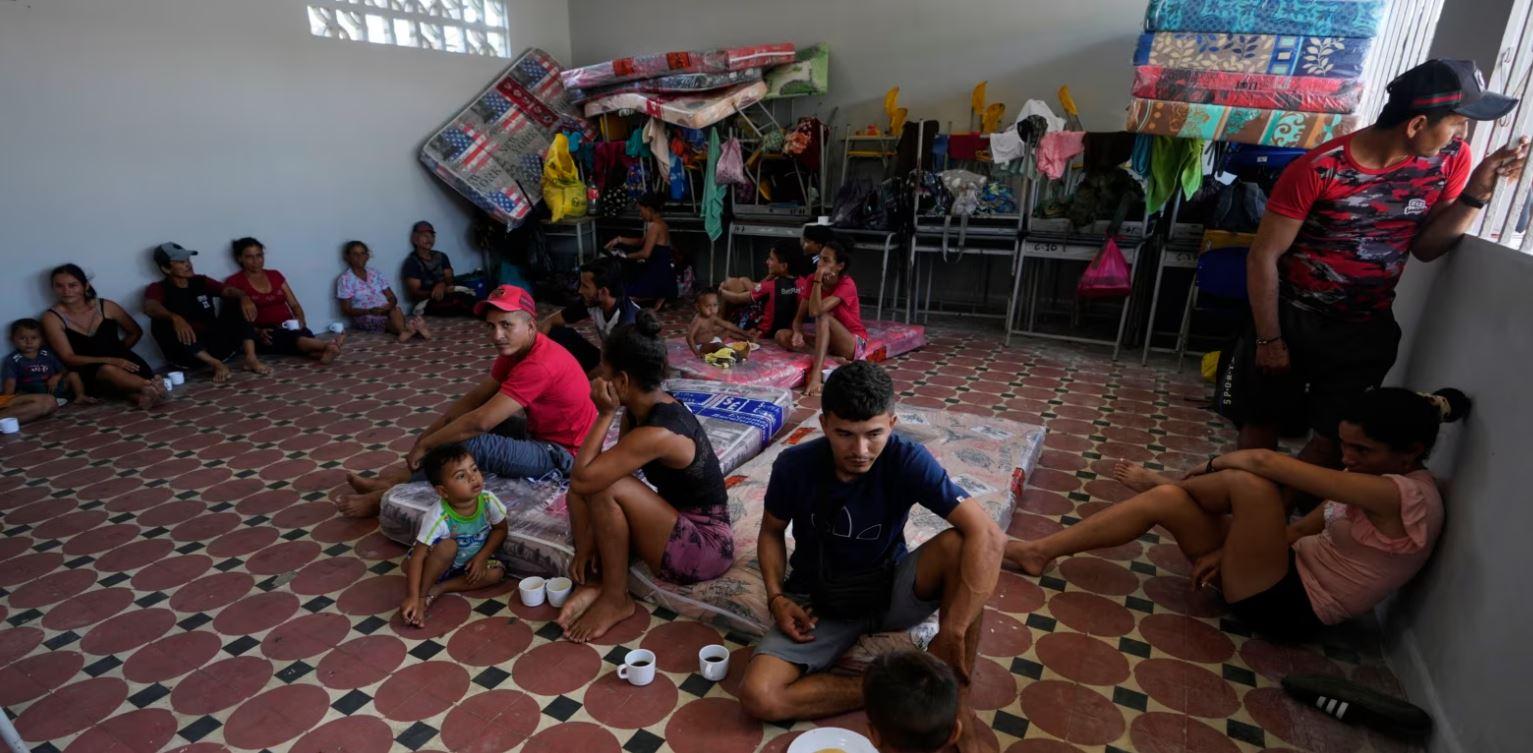SÃO PAULO, Brazil – Fierce clashes between two guerrilla groups in the northwestern region of Catatumbo, Colombia, on Jan. 16 have not only resulted in at least 80 people dead, but also generated a broad humanitarian crisis, with thousands of displaced residents and lack of food supplies.
Since then, Bishop Israel Bravo Cortés of Tibú, one of the cities at the epicenter of the violence, has been leading his diocese to offer as much help to the local communities as possible.
The new cycle of hostilities involves a dissidence of the Revolutionary Armed Forces of Colombia (FARC) and the National Liberation Army (ELN), which had been formally involved in a peace dialogue with the government over the past two years but failed to engage in more effective actions, thus interrupting the process.
Historically a poor, predominantly rural area, Catatumbo has been disputed by several left-wing guerrilla organizations over the past few decades, while the people remain abandoned. It’s currently among the most important centers of production of coca leaves, which are a major source of income for guerrillas and paramilitary organizations.
Indeed, military reports say that the loss of a cocaine shipment, associated with the killing of ELN’s financial director, may have been the cause for the shocks. The armed forces still haven’t engaged in operations against any of the illegal organizations present in the area and are solely working to help the civilians.
At least 32,000 people have already left their homes. Part of such a contingent moved to neighboring Venezuela.
“We’ve been giving shelter to 600 people at our seminary and a structure built to receive the Venezuelan immigrants a few years ago,” Bravo Cortés told Crux.
The Church has been accompanying the crisis in order to act as an intermediary as well, going to localities where guerrillas released prisoners and bringing them back.
“And we’re providing help to people in need. We in the Church decided to give our lives for the others. We must be together with God’s people, nourishing it,” Bravo added.
The attack represented a major blow for President Gustavo Petro’s administration, which was engaged in building “total peace” with guerrilla organizations and other armed agents in the South American country.
The Church had been involved in the negotiations with the ELN since the beginning, operating as one of the mediators of the talks. While most agents have abandoned the idea of dialoguing for peace, Catholics still insist on it.
“At least as a form of avoiding even more bloodshed, the government must dialogue with those illegal groups,” Bravo argued.
Diego Arias, an analyst of matters related to conflict and peace in Colombia, told Crux that the peace negotiations with the ELN are most probably over.
“The Attorney General has overturned today the benefit of temporary suspension [of the charges and suits] against 13 of the head members of the ELN. In my understanding, that represents the end of the peace process,” he said.
In Arias’s opinion, Colombia will face a serious context of growing violence and a multiplicity of local conflicts, which will have a serious impact on communities, something comparable to the attacks that Colombians would have seen in the 1980s.
The isolation of Catatumbo due to the armed conflict has impacted the flux of products in the region, including basic food items. Church activists have been especially worried about men. In Cucuta, a large city on the border with Venezuela, the Church has been working on the collection and distribution of food. Analysts fear, however, that the conflict grows more intense in different areas, including in Cucuta, where there are bases of many armed organizations.
Bravo Cortés has been stressing on different occasions that the Colombian State must increase its positive presence in Catatumbo, with more schools, clinics, and housing units.
“It also should have invested in programs of land reform and substitution of crops,” the bishop said.
Such initiatives were part of the government’s peace strategy with the FARC, for example, promoting the end of coca leaves production and its replacement with food items.
“Those are things that must be carried out immediately. Nowadays, that is a territory where the ruler has been anyone who thinks that is able to rule,” Bravo concluded.











